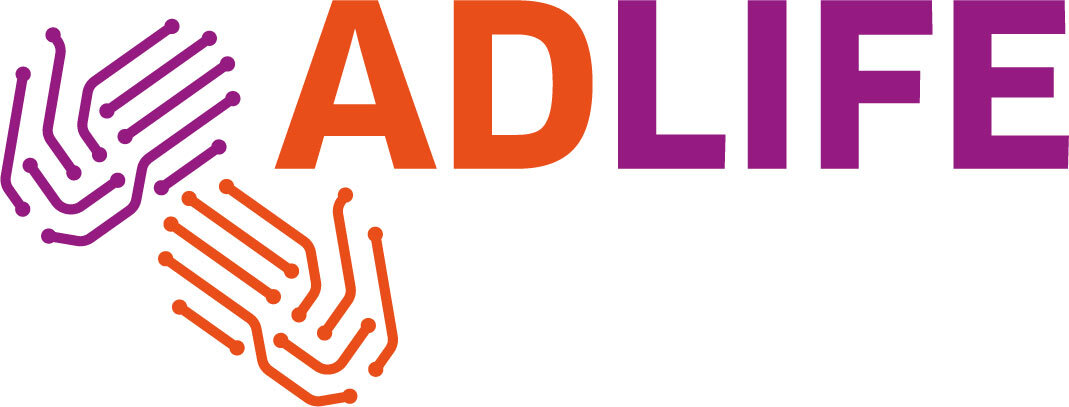
Spain
The clinical site in which ADLIFE will be piloted in the Basque Country is called Osakidetza.
Osakidetza
Basque Country is a region located in the north of Spain. It has a population of 2.18 million inhabitants. Since its creation as the Basque Public Healthcare Services provider in 1983, Osakidetza's objective has been to guarantee a universal, quality public health system for all people. One of Osakidetza's main challenges is to adapt to the demographic challenge posed by the aging of Basque society where 22% of the population are over 65 years old. This has resulted in a higher prevalence of chronic diseases and an increase in people's frailty and dependency.
All the public hospitals and primary care centres of the Basque Region are under Osakidetza. The Basque Health System is made up by 13 Integrated Care Organizations (OSIs) and includes 320 primary care centres, 12 acute hospitals, 4 sub-acute hospitals, 4 psychiatric hospitals and 2 contracted long term mental health hospitals. More than 30.000 professionals work for Osakidetza, which could be considered the biggest organization of the Basque Country. Every year Osakidetza provides more than 16 million consultations.
Osakidetza has developed and utilised processes and tools to promote integrated care governance bodies between primary care regions and hospital, creating Integrated Health Care Organizations (OSIs). The Ministry of Health of the Basque Government, through Osakidetza, has implemented an ICT strategy to support personalized integrated care through the use of integrated communication systems, such as Electronic Health Record (EHR), e-prescription, intranets and other communication mechanisms. The unified electronic health record, Osabide, involving a range of clinical information, is in use across 100% of Osakidetza to promote continuity of care. In addition, an e-Health strategy, OSAREAN, provides remote care focused on prevention, monitoring and health advice.
Osakidetza will be heavily involved in the ADLIFE project. ADLIFE will be piloted at 9 Integrated Health Care Organisations involving four University Hospitals and several Primary Care Health Centres. All the OSIs have a significant number of complex patients and have expressed their interest in being part of an integrated care program to improve the care and quality of life of their patients. In addition, Osakidetza will contribute to the design of the ADLIFE care model, the development of technological platforms, the risk prediction model design and implementation, and local deployment and operation. Osakidetza will also strongly contribute to estimate the economic impact.
Proposed Study Participants
-

Patients
126 intervention and 126 control
-

Caregivers
160
-

Healthcare professionals
GP: 60
Nurse: 64
Specialist: 16
Total: 140 -

Participating Healthcare Organisations
Integrated Healthcare Organizations (OSI) (9):
Araba; Donostialdea; Barrualde-Galdakao; Alto Deba; Debabarrena; Tolosaldea; Ezkerraldea- Enkarterri-Cruces; Bidasoa; Uribe


